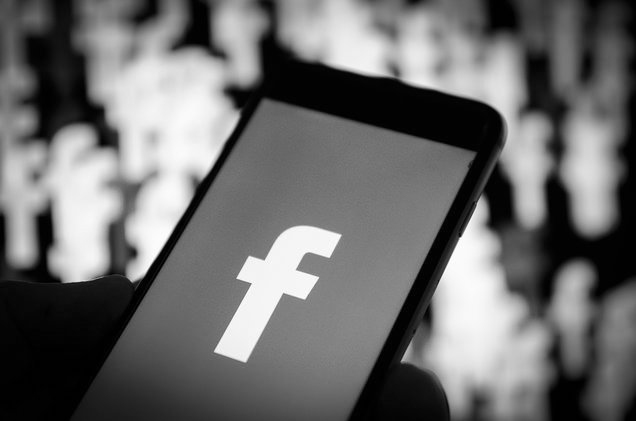Pop-rock group Walk the Moon may soon have reason to celebrate every time a flash mob posts a routine set to “Shut Up and Dance” on Facebook: The social media giant will finally start paying for music. On Dec. 21, 2017, the company announced a multiyear licensing deal with Universal Music Group, allowing users to upload and share videos on Facebook and its subsidiaries Instagram and Oculus that, for the first time, contain licensed music. Sources say Facebook has been nearing similar pacts with Warner Music Group and Sony Music Entertainment, deals that combined could bring the music industry over $1 billion in the next two years — and give YouTube serious competition in the free-music space.
“This is use that right now we’re not getting paid anything for,” says one major-label executive. “If you put Bruno Mars’ ‘Marry You’ on your wedding video, someone should be getting paid.” The initial deals, sources say, will generally give labels and publishers lump-sum payments based on their market shares to cover the music that Facebook users upload. In their announcement, UMG and Facebook vowed to work “hand-in-hand” to “develop the next generation of music products that best engage social consumers.”
Meanwhile, Facebook, which declined to comment before the upcoming deals’ completion, continues to build a content identification system that will allow music copyright owners to monetize their streams after the initial lump sum deals expire. YouTube — which has over 1 billion users — built a similar system nearly a decade ago, allowing rights holders to automatically block, mute or advertise against videos that contain their music. The system has helped deliver over $4 billion in revenue to the music industry, but it’s imperfect — major labels still employ large teams to police YouTube for undetected uploads — and music executives hope that Facebook will improve on it.
The site’s growing music team includes WMG vets like Tamara Hrivnak, who will spearhead Facebook’s music licensing efforts; Jonathan Hull, Facebook’s head of music partnerships; and former senior vp business affairs Jeremy Sirota, who will manage music business development. As National Music Publishers’ Association president David Israelite puts it, Facebook’s entry satiates industry impatience for a viable YouTube alternative. “YouTube feels a certain sense of entitlement, because they’re the only game in town,” he says. “I welcome the competition.”
Originally posted on BILLBOARD.COM


